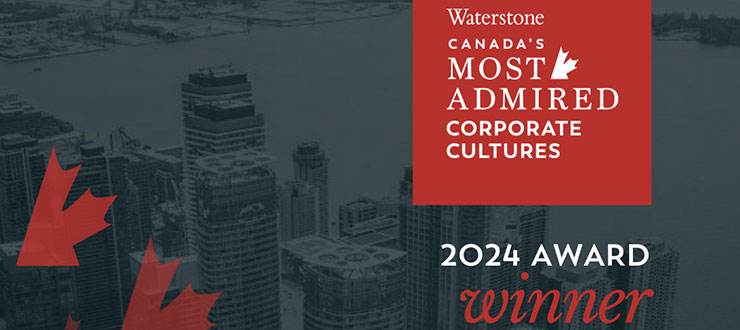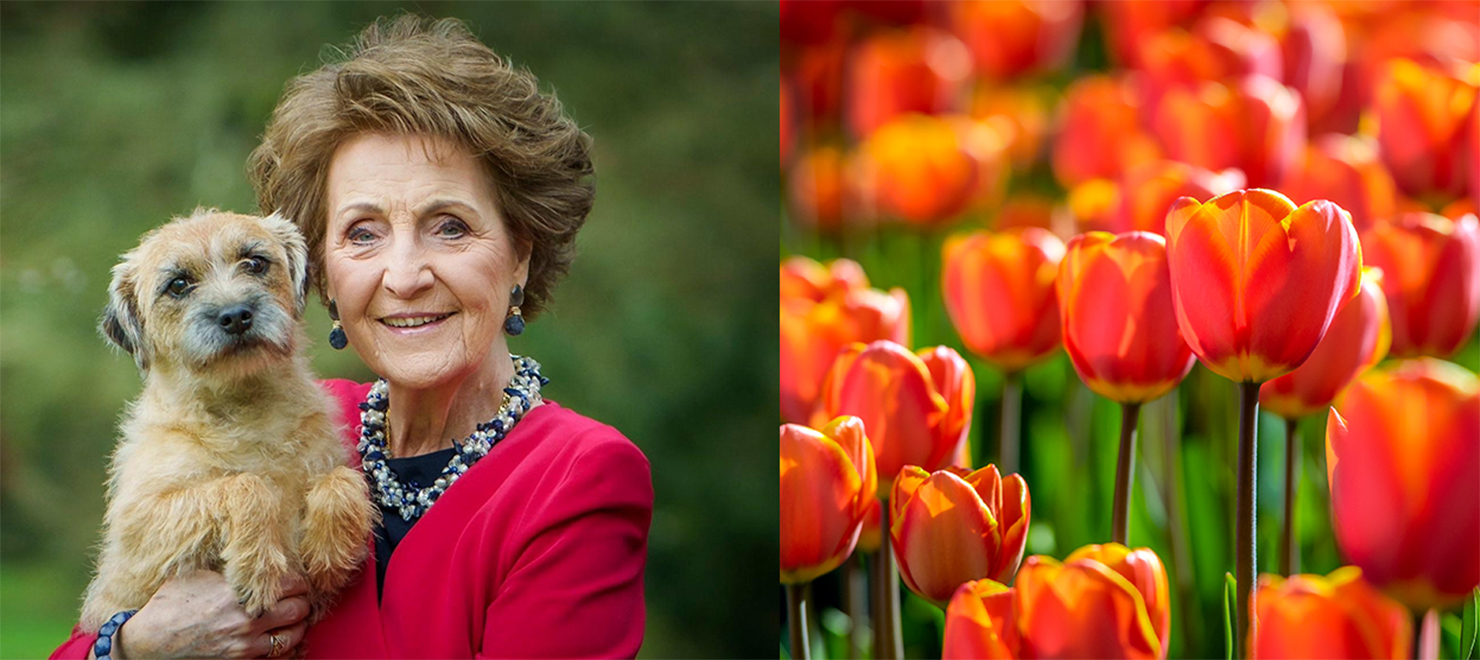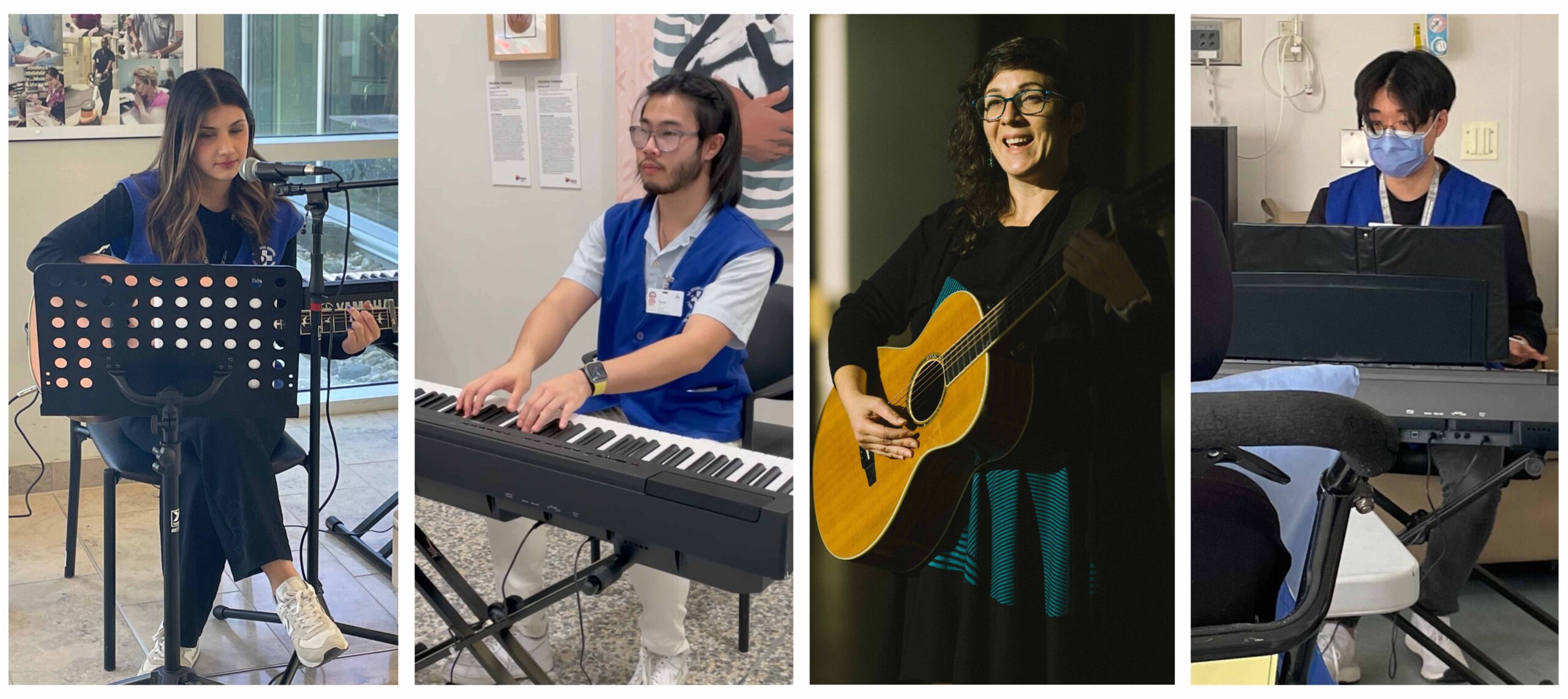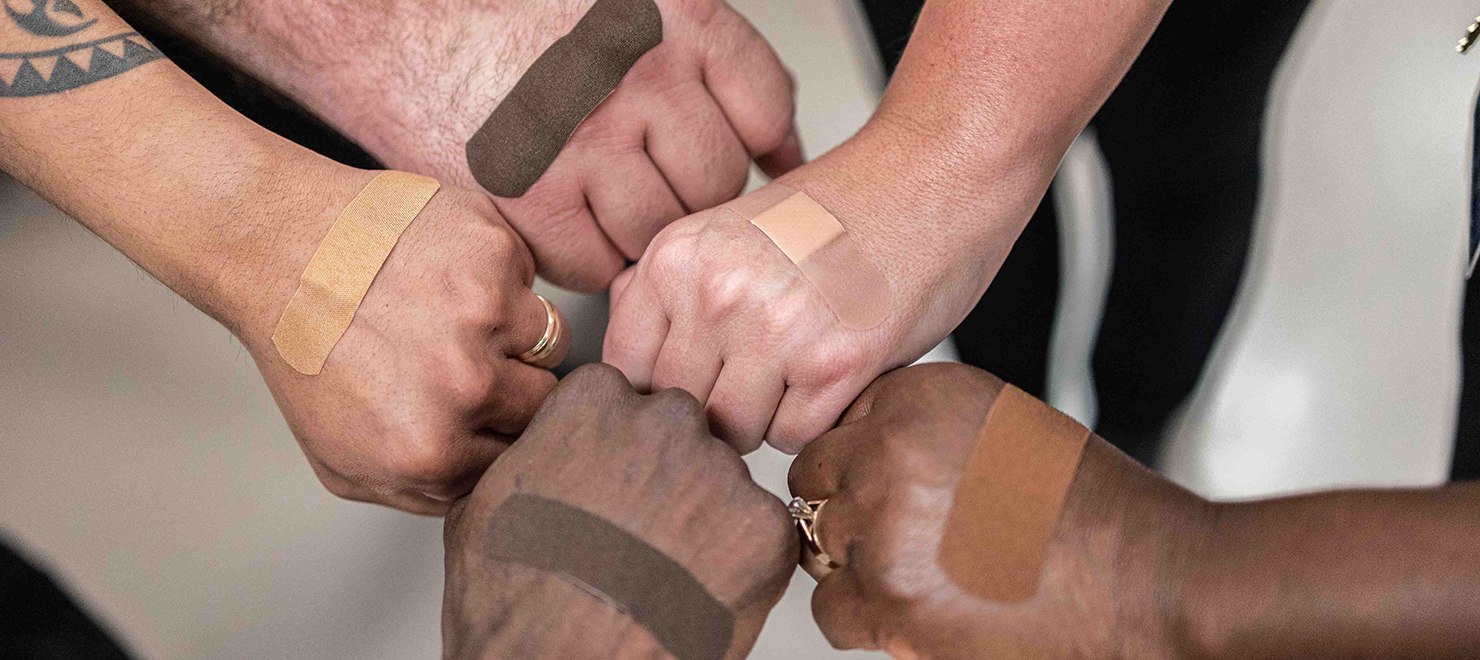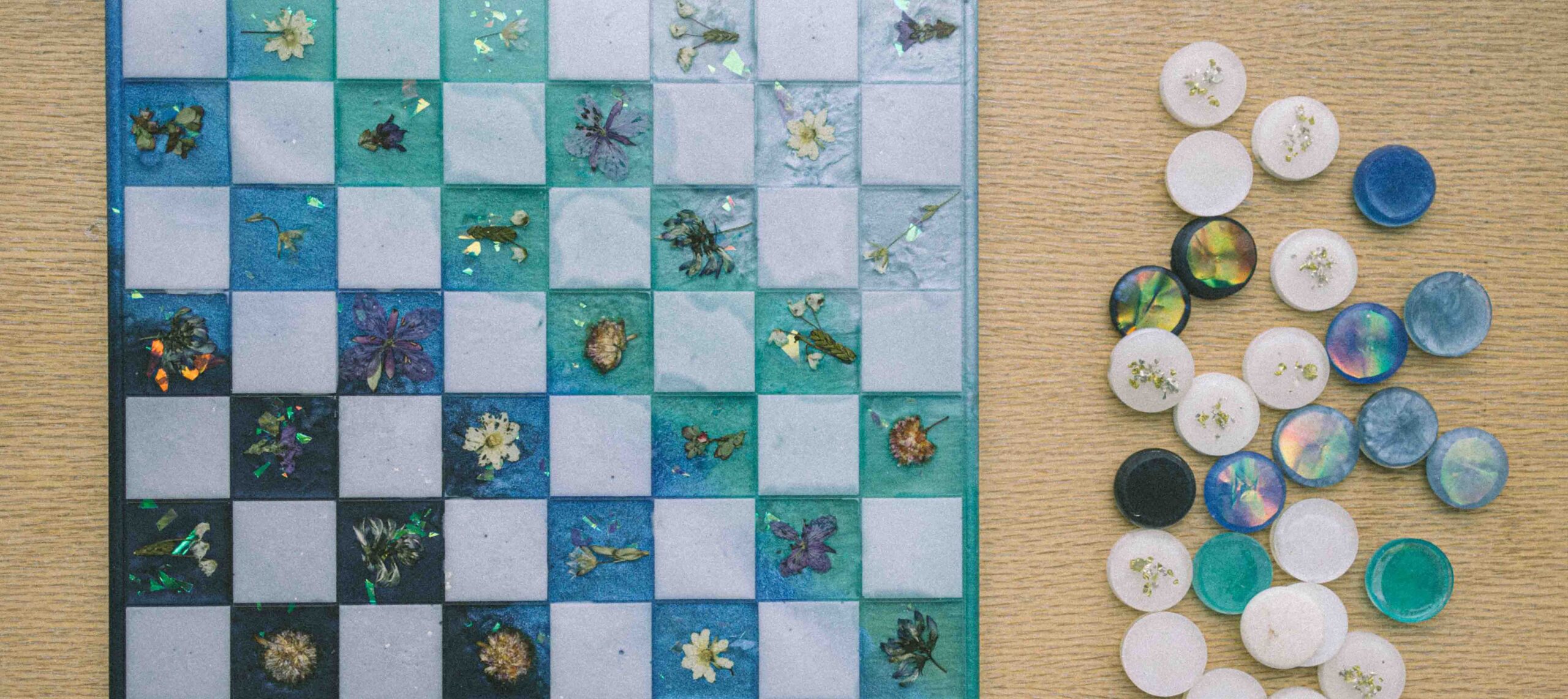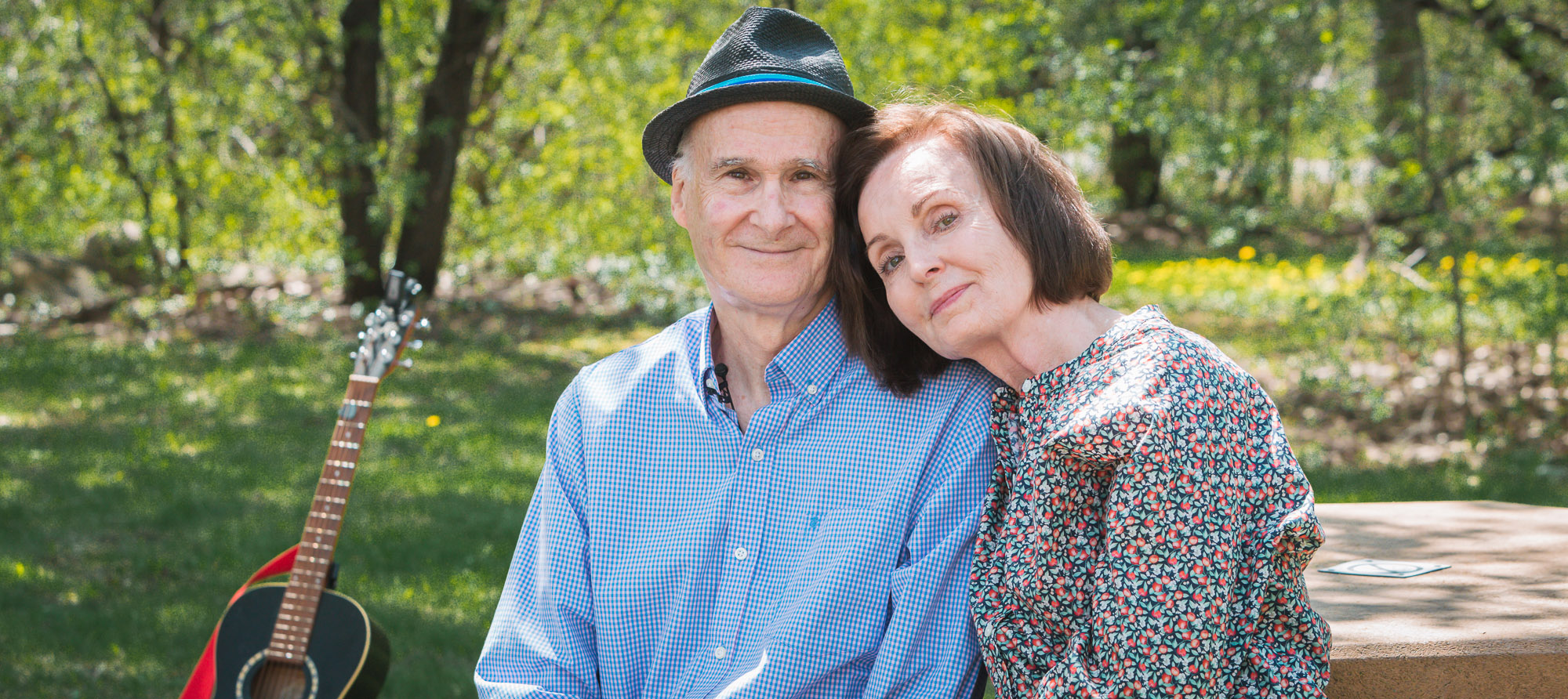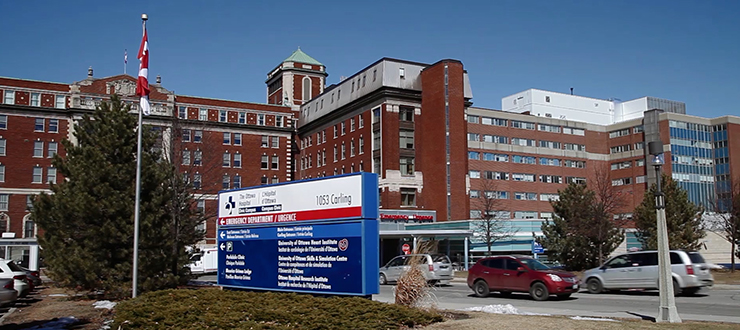
Michael Crawford’s Christmas card list was quite long this year. He had many people to thank for saving his life.
The 70-year-old retiree was enjoying a quiet night at home with his wife of 40 years, Joanne Charlebois, in September, 2020 when everything changed in an instant.
“I could just tell there was something horribly wrong,” Joanne recalled. So she followed her instincts and called 9-1-1.
The paramedics arrived quickly around midnight and rushed Michael by ambulance to the Emergency Department at the Civic Campus of The Ottawa Hospital.
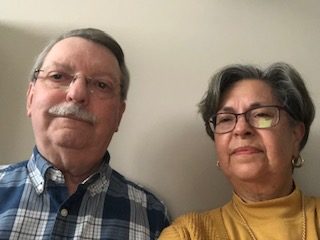
Due to COVID-19 visitor restrictions, Joanne had to stay home until hospital staff could provide an update on his condition. Naturally, she was worried sick.
“I couldn’t sleep,” she said. “I tried to watch TV. I think I finally turned it off at three o’clock in the morning.”
When Michael arrived at the Emergency Department, he was interacting with staff. During triage, however, one of the nurses noticed that he was not looking well. The nurse was concerned enough to call Dr. Edmund Kwok over right away.
Dr. Kwok is the kind of person you want to have with you during an emergency. He is a medical doctor, the Director of the Quality Improvement Unit in the Department of Emergency Medicine at The Ottawa Hospital, an associate professor in the Faculty of Medicine at the University of Ottawa, a clinician investigator at The Ottawa Hospital, an adjunct professor for the School of Industrial Design at Carleton University, and a sessional lecturer at the Telfer School of Management.
“Within minutes, he went from talking to one of the nurses to being unconscious,” Dr. Kwok recalled. “He deteriorated very quickly.”
They moved Michael to the resuscitation area, where his heart suddenly stopped.
“He literally died in front of us, and we revived him,” the doctor said.
In an emergency, a team of highly-skilled professionals work together to save lives. This is exactly what happened to Michael.
“I can’t stress enough how much teamwork helped to save his life,” said Dr. Kwok. “The resuscitation nurses were already doing the tasks they were trained to do. We had people lined up to do chest compressions while everything else was happening.”
Dr. Kwok called a cardiology fellow from the University of Ottawa Heart Institute to the Emergency Department to help drain the fluid that had gathered around Michael’s heart, which was preventing it from pumping properly.
Once he was stabilized, Michael was transferred to the Heart Institute for more tests and to begin his recovery. Relieved, Joanne was able to visit him for a few hours that morning due to the serious state he was in, following COVID-19 visitor guidelines.
A few weeks later, Michael was well enough to go home.
Michael and Joanne are very thankful for the excellent care Michael received at The Ottawa Hospital
“What they did, was really pivotal to Michael being able to be here today,” said Joanne. “There’s no doubt in our minds that there were heroic measures to save Michael’s life. We are really grateful for having such a fine hospital in Ottawa.”
As a doctor in the Emergency Department, Dr. Kwok sees scenarios like this often.
“This is what we were trained to do, and I think this case highlights the expertise we have here at The Ottawa Hospital.”
And although Dr. Kwok doesn’t often get to hear from his patients after they leave the Emergency Department, Michael and Joanne’s gratitude means a lot to him.
“It reinforces the great work that we do and the great care that we give in the Emergency Department, especially in these critical scenarios,” he said. “I think that’s important positive feedback for people. It makes you want to go to work every day, knowing the good we’re doing.”
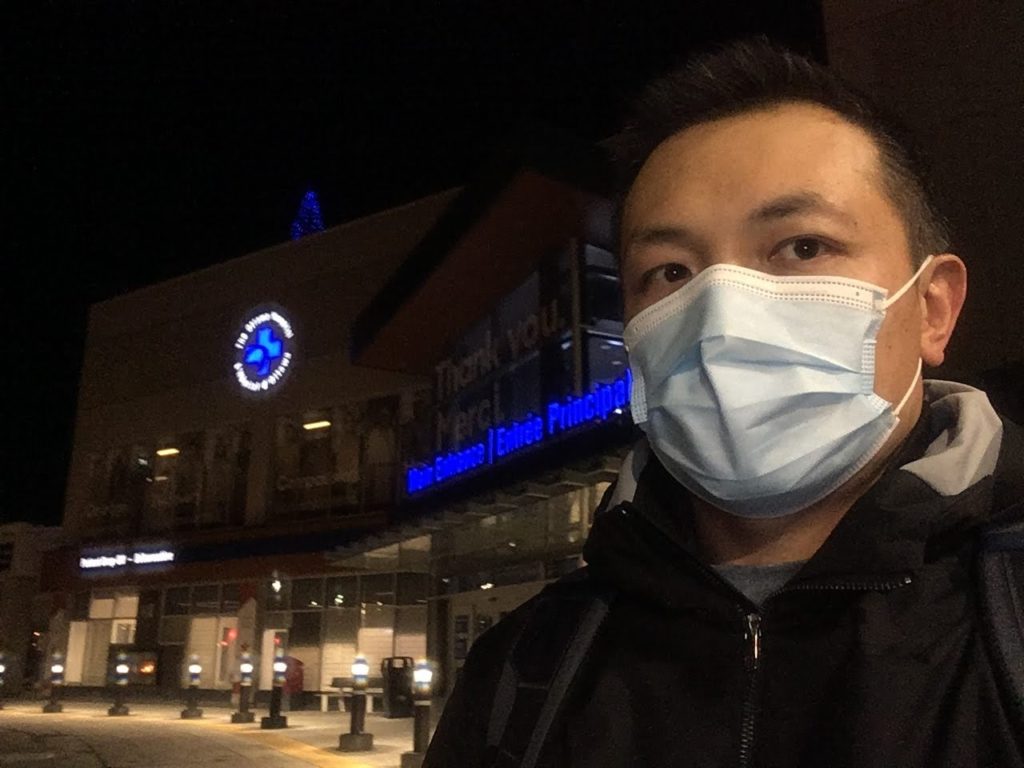
He also wants to remind everyone to come to one of The Ottawa Hospital’s emergency departments if they need emergency care.
Joanne agrees, and encourages everyone to follow their instincts.
“If in doubt, call 9-1-1. You might think, should I, or shouldn’t I?Ultimately, I called 9-1-1, and it saved his life.”
Michael is recovering well at home. He has bouts of anxiety, and his energy level isn’t quite as high as it used to be, but he and Joanne are looking forward to enjoying a more typical retirement.
When asked how he reflects on his experience, Michael said, “let’s be honest. Life-changing moments will have an effect on you permanently. It’s good to be able to articulate how you feel, and let people know how much I appreciate the help from strangers.”
And as Michael continues to recover physically, he and Joanne are both happy to report that Michael’s sense of humour is also recovering nicely.
“I was wearing a beautiful bathrobe when I was taken to the hospital by ambulance, and I don’t seem to have it anymore.” Michael said. “So if there’s somebody who’s enjoying a very, very nice Tommy Bahama bathrobe, it’s mine.”

Support patient care and research at
The Ottawa Hospital
You might also like…
The place to be: The Ottawa Hospital recognized as one of Canada’s most admired corporate cultures
The Ottawa Hospital (TOH) has been named one of Canada’s most admired corporate cultures. Guided by compassion and commitment to patient care, TOH has developed a workplace culture that inspires confidence and trust in our employees, patients and family members.
Watch: Princess Margriet of the Netherlands sent us this lovely video message for the Civic’s 100th anniversary
If you’ve ever wondered why tulips are so important to our city, the answer involves a world war, a royal family and The Ottawa Hospital’s Civic Campus. In this special video message, Her Royal Highness Princess Margriet of the Netherlands shares why the tulip is a special symbol of the endearing friendship between her country and Canada.
A volunteer program that taps into the power of music
Studies have shown that music can benefit the body, mind, relationships and community. Musical Moments is a program where volunteers play live music to support positive outcomes for patients, visitors and staff.
We’ve got you covered: The Ottawa Hospital now offers bandages for a variety of skin tones
Whenever you’ve scraped your knee or had your blood drawn, odds are your bandage was the same colour every time. Peach has been the default hue for over a century — but no longer at The Ottawa Hospital.
Patient gifts a piece of home to Indigenous Cancer Program
Inuit patients can now see and hold a piece of their traditional territory in the Windòcàge Room at the General Campus, thanks to an interactive gift donated to The Ottawa Hospital by a cancer patient.
Second Chance: Don’s song for the people who saved his life
Making music has always been a big part of Don’s life, so when the staff and doctors at The Ottawa Hospital saved him from the brink of death, he could think of no better way to thank them.


 To reset, hold the Ctrl key, then press 0.
To reset, hold the Ctrl key, then press 0.
